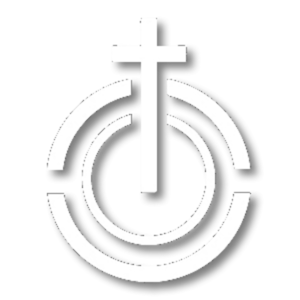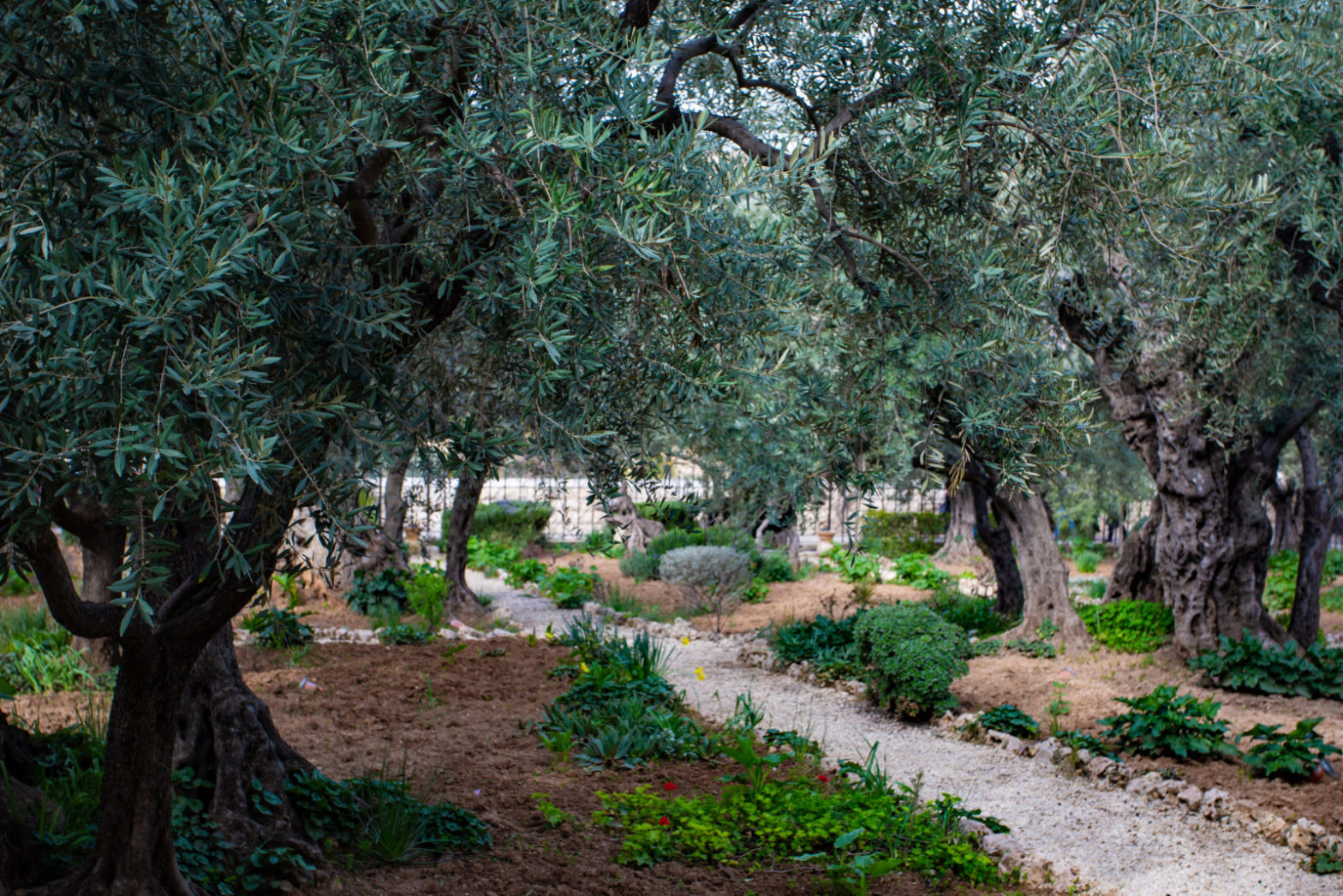- Go with God
- Hold on
- Back to the beginning
- Considering others
- What is the world coming to?
- No justice, no peace
- A necessary intermission
- God help us
- Ripe fruit
- One more time
- Beware jealously
- Trusting God with our whole life
- The power of forgiveness
- Ask Jesus
- Don’t take the bait
- Be righteous
- Enough to start
- Yield
- Mercy
- Is anything happening?
- As we go
- An open heart
- Faith in action
- Reject rejection
- God is our dad
- Loving our enemies
- Let’s go
- Trial by fire
- Active patience
- Right this way
- Finally
By, Isam Itson III
Matthew 17:24-27 – When they came to Capernaum, the collectors of the two-drachma tax went up to Peter and said, “Does your teacher not pay the tax?” 25 He said, “Yes.” And when he came into the house, Jesus spoke to him first, saying, “What do you think, Simon? From whom do kings of the earth take toll or tax? From their sons or from others?” 26 And when he said, “From others,” Jesus said to him, “Then the sons are free. 27 However, not to give offense to them, go to the sea and cast a hook and take the first fish that comes up, and when you open its mouth you will find a shekel. Take that and give it to them for me and for yourself.”
I bristle at exceptions to the rule. My inner eight year old demands absolute fairness. I like things to be yes or no, black or white, wrong or right. So Jesus really challenges me with this one.
It’s about paying the temple tax. Back in the Bible days Jews were required by the Laws of Moses to pay a certain amount of money every year for the maintenance and operation of the temple. Peter is simply coming to Jesus to get the money to pay the tax. Jesus uses the moment to teach Peter a lesson.
Jesus is inaugurating a new way of following God that fulfills and moves beyond the worship of God administered through the temple. Therefore, continuing to honor the requirements of the upkeep of the temple system doesn’t make sense. Those who go to Jesus to mediate their forgiveness owe nothing to temple worship.
But go ahead Peter, let’s do it for the sake of their sensibilities until the kingdom of God comes. Not because they have absolute authority over our lives.
The life of Jesus presents his followers with a new source of tension. The already but not yet nature of the coming of the Kingdom of God. Already Christ has come. But he is not yet ruling the world in power and glory from Jerusalem. For us today, already Christ has risen from the dead and is ruling over the universe from his position of authority at God’s right hand. But he is not yet directly ruling over the nations of the earth.
Until the day of Christ’s return we will all be confronted with the necessity to navigate when and how we submit to our civil governments and live within our political systems. When do we go along with their demands and when do we decide they are asking too much? When do we accept their God given authority and when do we call them out for abusing their positions of authority?
Jesus is demanding that his followers take the higher road of honoring the conscience of others rather than demanding their acceptance of our understanding or way of life. This takes wisdom. When does consideration of others crossover into fear for my social standing and the compromise of my principles and character? Will we just keep giving in to the demands of others until we don’t even recognize ourselves anymore? How do we know when we are about to go too far?
Like Peter, we have to make a habit of going to Jesus. Do what he says and trust him with the results. Two years after Peter’s death, the Temple will be destroyed by the Romans. 400 years later, Rome will fall victim to barbarian invasions. God settles his own accounts in his own time. Until then, we honor his patient endurance of sinners like us. He knows when, where, and how to act. We are simply called to trust him along the way.
In response
1. Take your social justice concerns to God in prayer.
2. Respond to injustice in a way that honors God’s sovereignty and expresses faith in his wisdom.
3. Have faith in the timing of God’s judgment.

